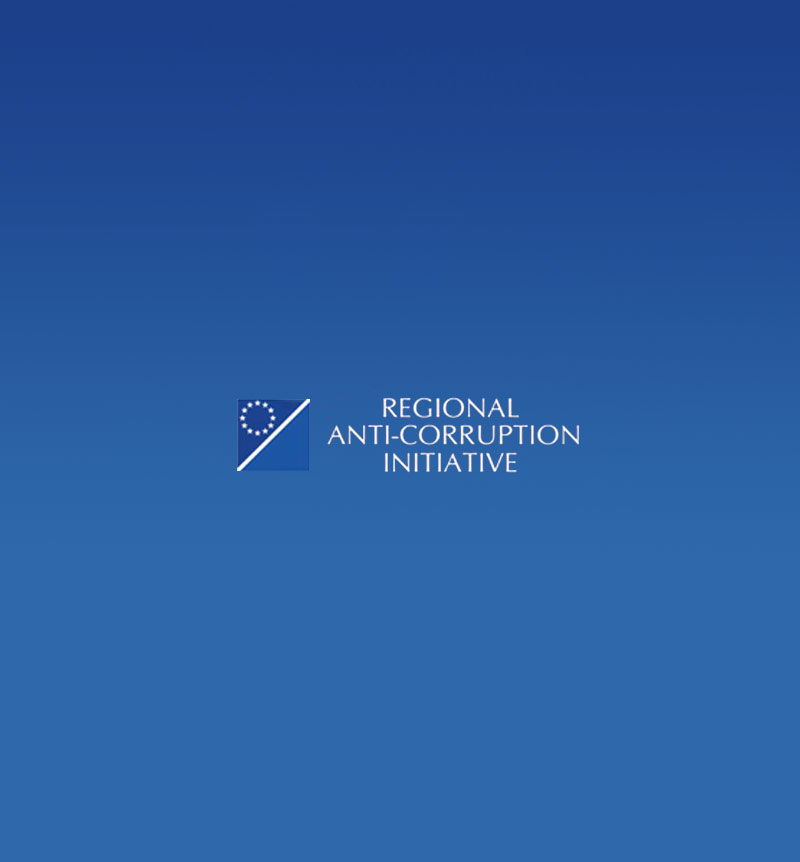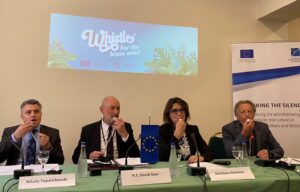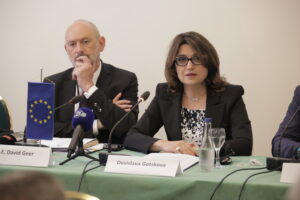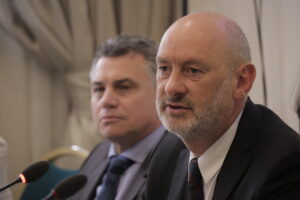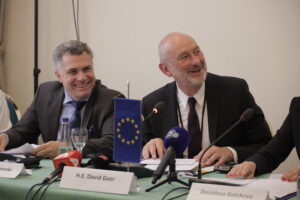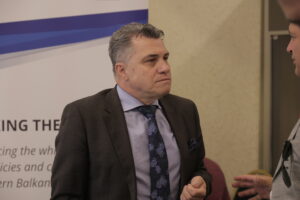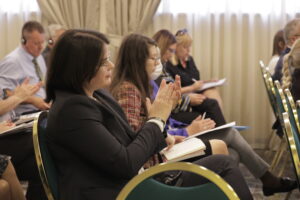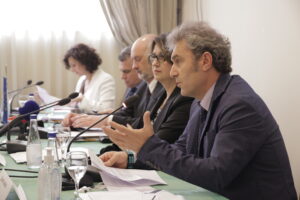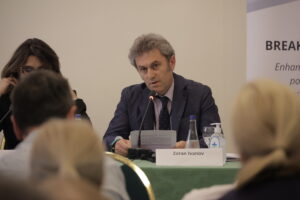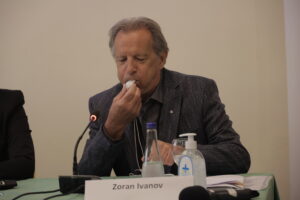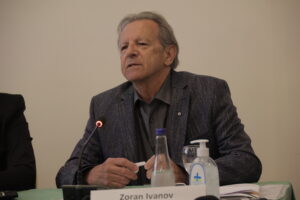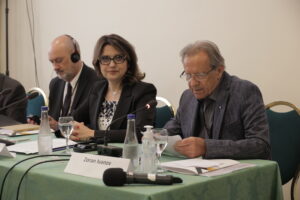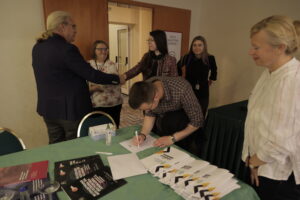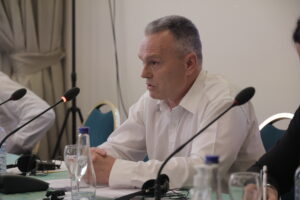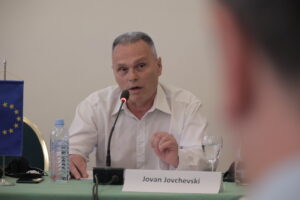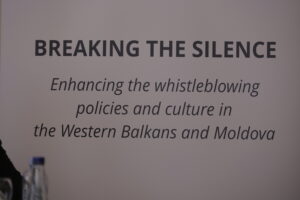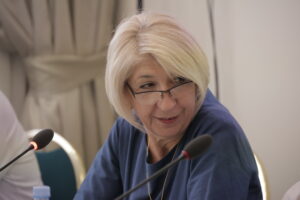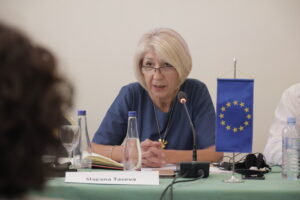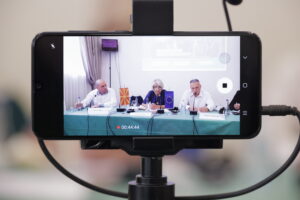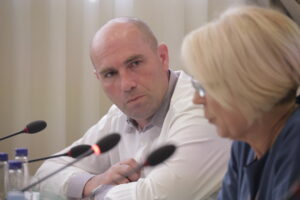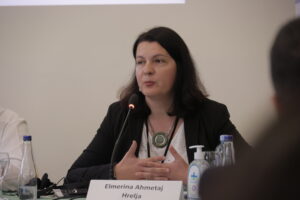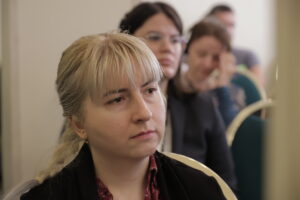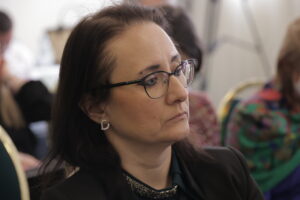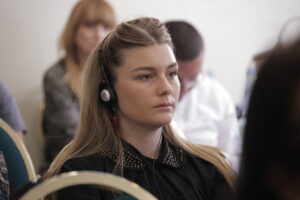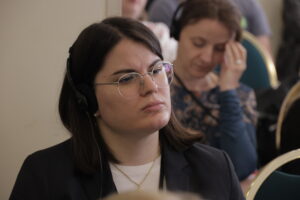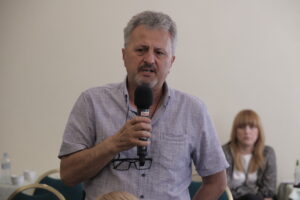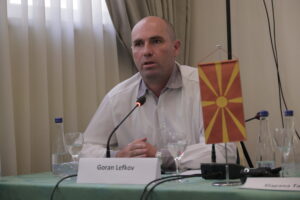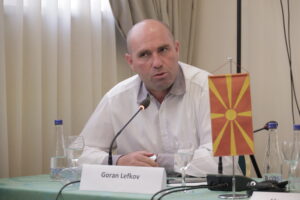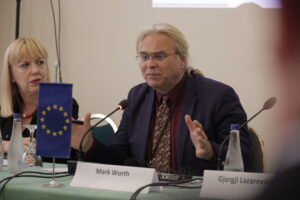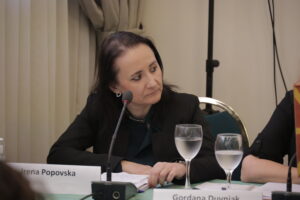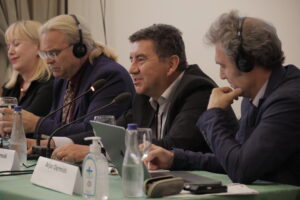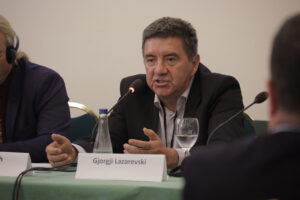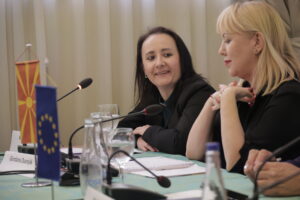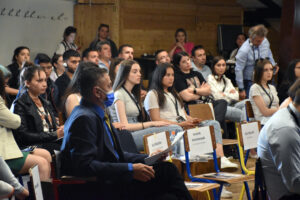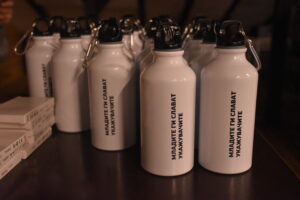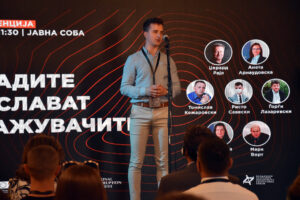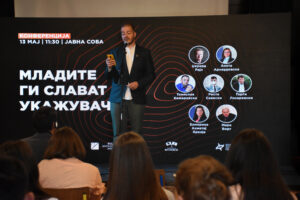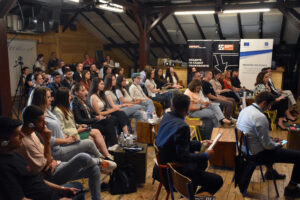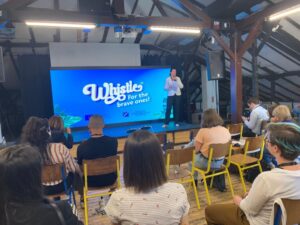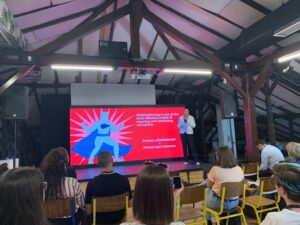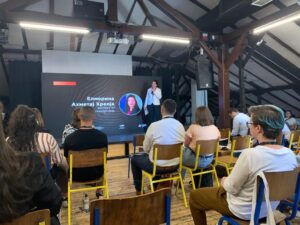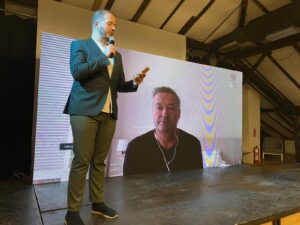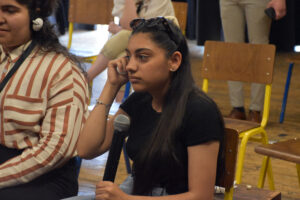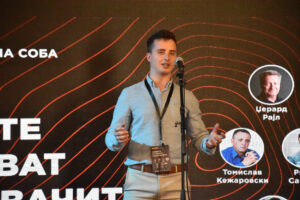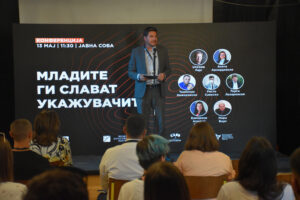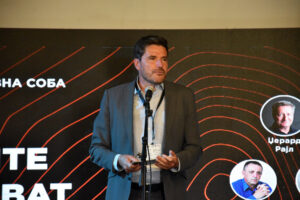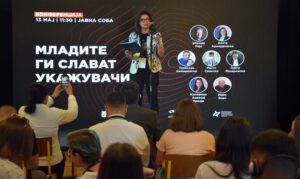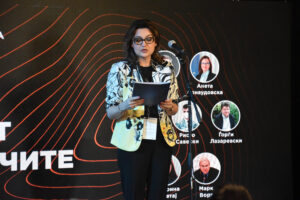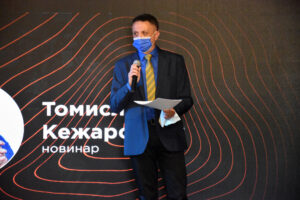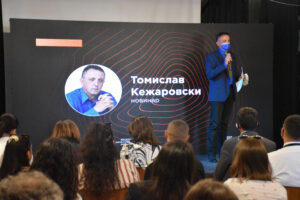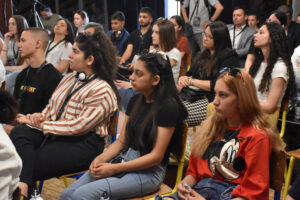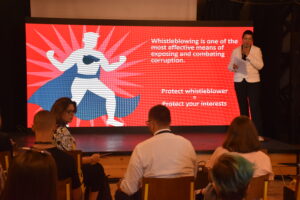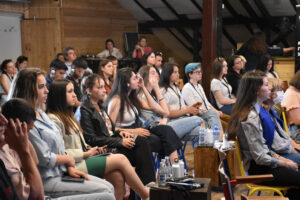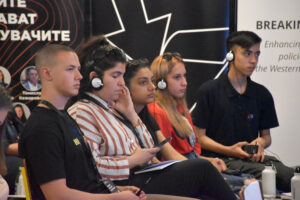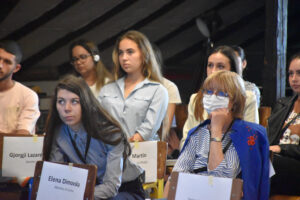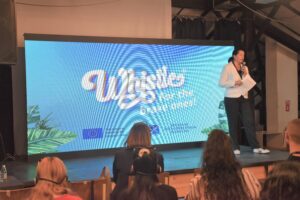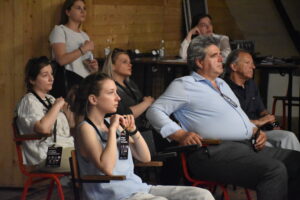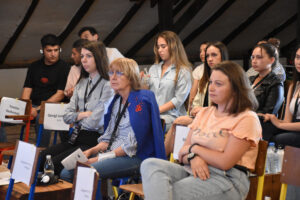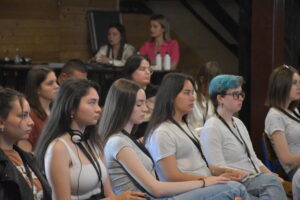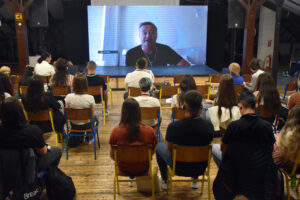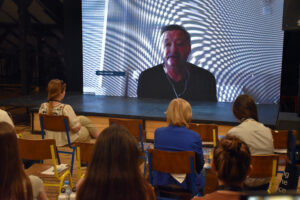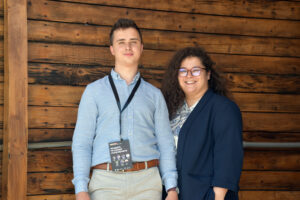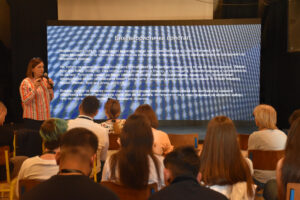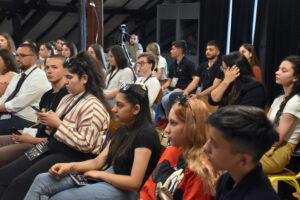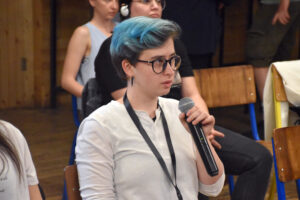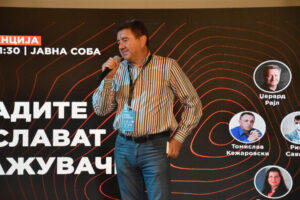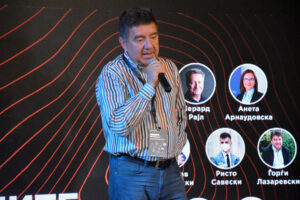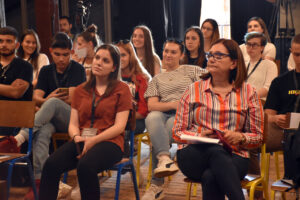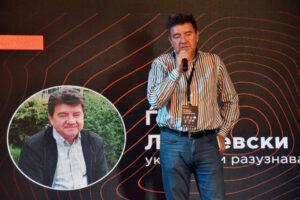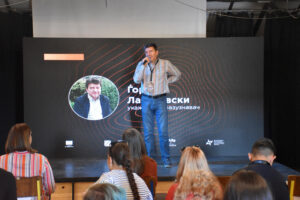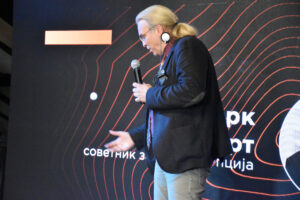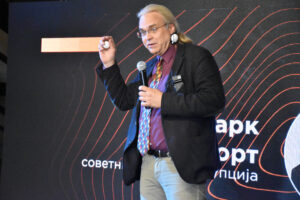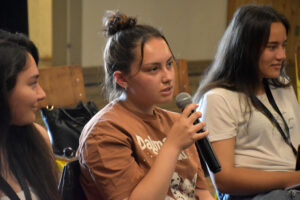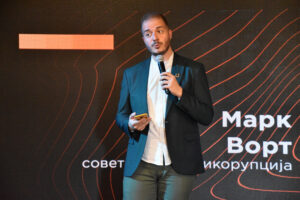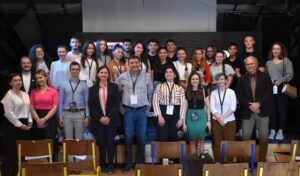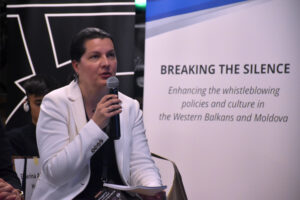- May 12, 2022
- Posted by: Arman Fazlic
- Categories: Breaking the Silence - NEWS, Breaking the Silence - YOUTH, RAI News
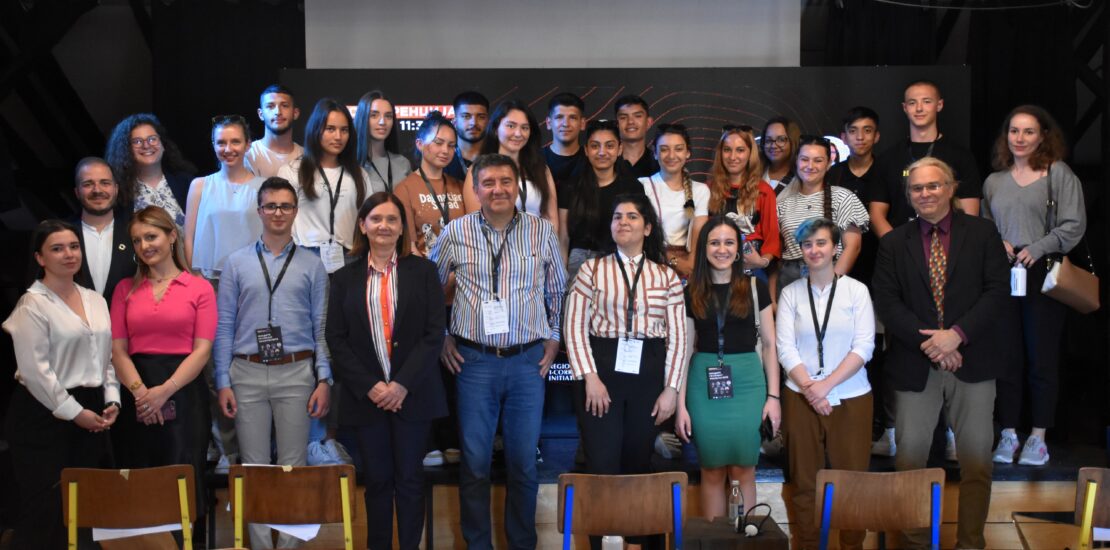
Regional Anti-corruption Initiative (RAI) Secretariat partnered with SEE Coalition on Whistleblower Protection and its Macedonian member organization SCOOP, as well as Youth Education Forum to deliver the International Whistleblower Day celebration event in Skopje, North Macedonia.
On Day 1, the event gathered public institutions and international community representatives, CSO activists, and media professionals from North Macedonia and the region to celebrate whistleblowing and whistleblowers through discussion of whistleblower protection challenges, and ways to overcome them.
“The event today and your participation symbolize our commitment to the regional cooperation in fighting corruption. But the ‘real’ work is outside the conference halls, it is out in the communities, in the media, and in the governments across the region done by our colleagues in the civil society sector, by our peers in the government sector, and by journalists and reporters. We’d like to believe that regional work and partnerships we developed have contributed to very important processes, including the development and adoption of whistleblower protection laws to enable whistleblowing as a tool to fight corruption.”, said Head Desislava Gotskova, of RAI Secretariat today at the opening of the International Whistleblowers Day celebration event in Skopje.
Participants were addressed by H.E. Ambassador David Geer, Head of the Delegation of the European Union to North Macedonia, who emphasized that “this is a very important event, as the protection of whistleblowers is a good governance matter, a service to society, and it is a symbol of patriotism.”
The event offered insightful discussions on the whistleblowing law in North Macedonia, heroic implications of whistleblowers as well as the challenges and problems of whistleblowers.
On the panel session dedicated to legislative reform in line with EU Directive on the protection of persons who report breaches of Union law, it was emphasized that whistleblowers should be protected from the financial impact of retaliation, through solutions such as the establishment of funds to compensate them or insurance schemes. There needs to be an effective legal remedy, i.e. the right to appeal the decision of a responsible agency not to provide whistleblower protection and/or investigate the wrongdoing.
Having multiple institutions, which act as external authority receiving whistleblower reports, is challenging in practice. Building institutional capacity requires resources which may not be available. Additionally, there is the risk of inconsistent application of the law when multiple institutions are involved.
The first day was concluded with an award ceremony for journalists to appreciate and promote their investigative work.
On the second day of the International Whistleblower Day celebration a youth event was held in Skopje, organized by the Youth Education Forum with support of RAI Secreatariat. The youth event gathered close to 50 participants, law, political science, social science, defense and peace studies students from universities in Skopje and Tetovo. Attendees were welcomed and addressed by Deputy Head of Delegation of the European Union to the Republic of North Macedonia Julian Vassallo, Youth Education Forum’s Risto Saveski and Head of RAI Secretariat Desislava Gotskova.
The program included a series of Ted-like talks and presentations delivered by RAI Secretariat experts, international expert Gerard Ryle, as well as the Macedonian journalist Tomislav Kezharovski and the whistleblower Gjorgji Lazarevski, as well as the screening of RAI’s social experiment video Whistle – For the Brave Ones.

